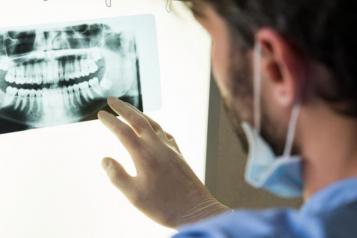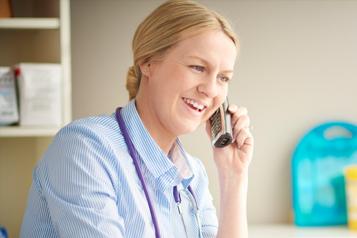What medical support are you entitled to if you’re new to the UK?

In need of urgent medical care?
If you urgently need medical help or advice but it’s not a life threatening situation call NHS 111 if you are living in England. If someone is seriously ill or injured and their life is at risk call 999.
What are my rights as a refugee when it comes to healthcare in the UK?
Refugees' and asylum seekers are entitled to NHS care. In all four nations of the UK, refugees and asylum seekers with an active application or appeal are fully entitled to free NHS care.
Migrant Rights Network explains your rights and the NHS charging regime.
Pharmacies
Pharmacists can offer clinical advice and medicines for a range of minor illnesses, such as coughs, colds, sore throats, tummy trouble and aches and pains. The pharmacist will let you know if you need to visit a doctor or direct you to other healthcare professionals to make sure you get the help you need. You can also buy medicines for minor illnesses or first-aid supplies in a pharmacy or supermarket.
Dentists and Opticians
You’ll have to register for a Dentist or Optician. Here’s how:
But if you’re in pain, you should call 111 for Urgent Dental Care Services
GP practice or medical centre
A GP can offer medical advice, provide a diagnosis and prescribe medicines. They might be your first point of contact for many physical and mental health concerns. The GP practice is also responsible for coordinating and managing your long-term healthcare and they can refer you if you need more specialised hospital services.
Everyone has the right to register for a GP. You don’t need proof of address, immigration status, ID or an NHS number.
Find your nearest GP practice and register online.
If you are having difficulty registering with a GP you can:
- Download a GP Access Card and show this to the GP receptionist
- Phone NHS England (0300 311 22 33 ) or Doctors of the World (0808 1647 686) for help
Do I need a proof of address to register with my GP?
Having proof of where you live helps but, NHS guidelines make clear that it is not necessary for you to have a proof of address when registering with a GP. This also applies if you are an asylum seeker, refugee, a homeless patient or an overseas visitor, whether lawfully in the UK or not.
Do I need ID to register with my GP?
You do not have to provide ID when registering with a GP, but it is helpful to do so. Below is a list of documents that you can use as ID at a GP:
- Passport
- Birth certificate
- Biometric residence permit
- Travel document
- HC2 certificate
- ARC card
- Utility bill
What could stop me from being able to register at my GP?
A GP must explain the reason for refusing a patient's request to register in writing. The GP has the right to refuse patients if they meet the following criteria:
- It has no capacity to take on new patients
- It may not be accepting patients that do not live within its practice boundary
- In your particular circumstances, it may not be appropriate for you to register with a practice that is a long way from where you live
What to do if you are refused the right to register
Ask the GP receptionist to write the reason why they cannot register you. If the GP already has too many patients they can refuse to register you, but this must be explained in writing.
Complain by phone to NHS England: 0300 311 2233 (Telephone Interpreter Service available)
More information
Download these leaflets and be more aware of your rights to register with your GP.
Community health services (Pregnancy, child health, contraception services)
Some health services are accessed in the community, and not in hospitals. These include mental health, child health and antenatal services and sexual health and family planning clinics. All women in the UK are entitled to NHS maternity care regardless of immigration status, however whether or not you will be charged for that care depends on your immigration and residence status at the time you receive that care.
Find out more about community health services and what they look like.
Walk-in or Urgent Treatment centres (Minor injuries or urgent medical advice)
If you need urgent medical care for minor injuries such as cuts, sprains and small fractures, or urgent medical advice, you can directly go to a walk-in or urgent care centre without an appointment. These centres are usually open during daytime hours.
Emergency services (Medical emergency or life-threatening situation)
Call 999 if someone is seriously ill or injured and their life is at risk. The telephone operator will advise you what to do or where to go next. An ambulance may be sent to provide treatment or transport the patient to hospital. Hospital Accident and Emergency (A&E) departments are open 24 hours every day of the year. You can access these services directly and without an appointment.
Emergency mental health (Suicidal thoughts or serious self-harm)
If you have seriously harmed yourself or are about to do so, call 999 for an ambulance or go straight to A&E. If you are thinking about suicide, talk to someone at the Samaritans by calling 116 123.
Welcome: a guide for new refugees
A guide for adults who have been granted asylum in England to access public services and make the most of the opportunities in the UK.
Your right to an interpreter
It is your right to have a professional interpreter help you at every stage of your healthcare journey. It is the responsibility of your healthcare provider to arrange an interpreter for you.
Download
NHS Services in North Central London
Do you need medical help or advice? This booklet explains how to access the National Health Service (NHS) in England.

